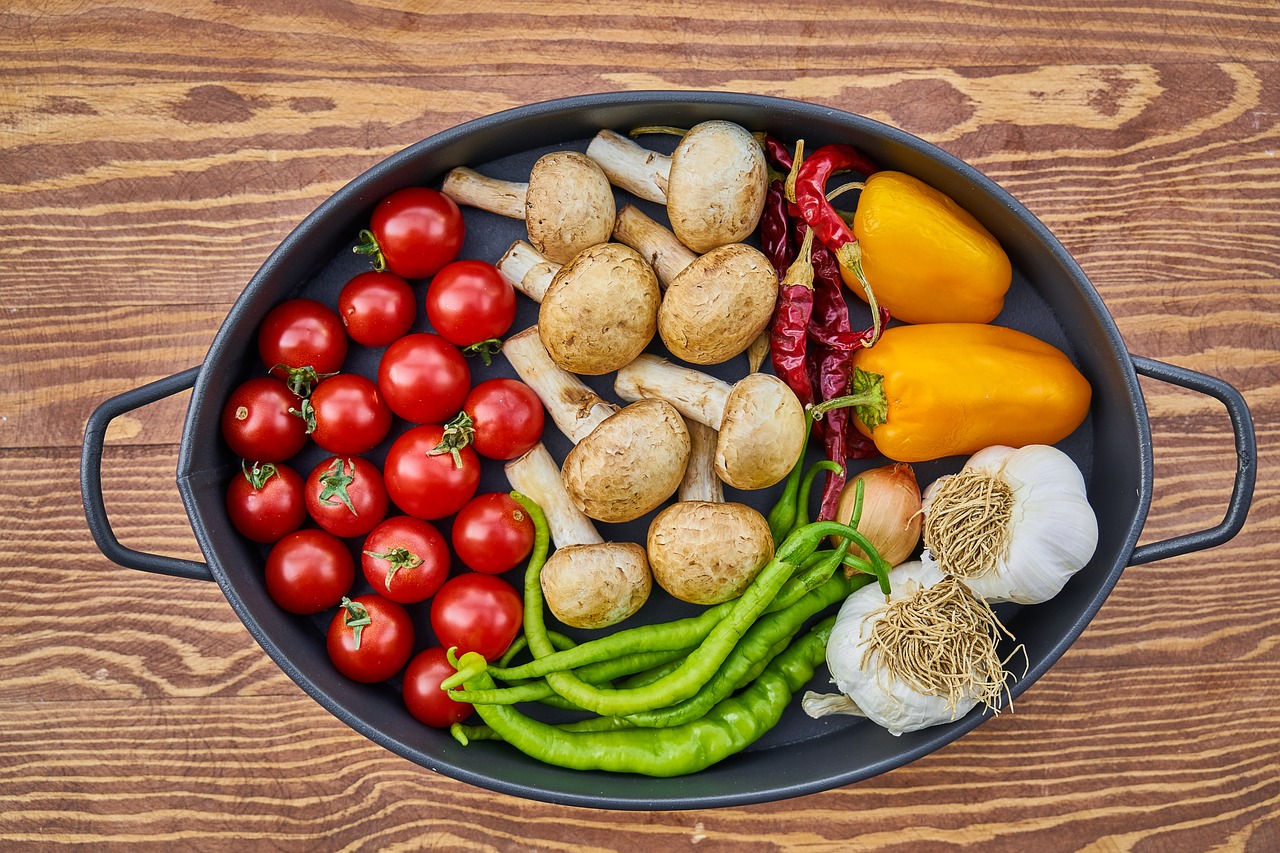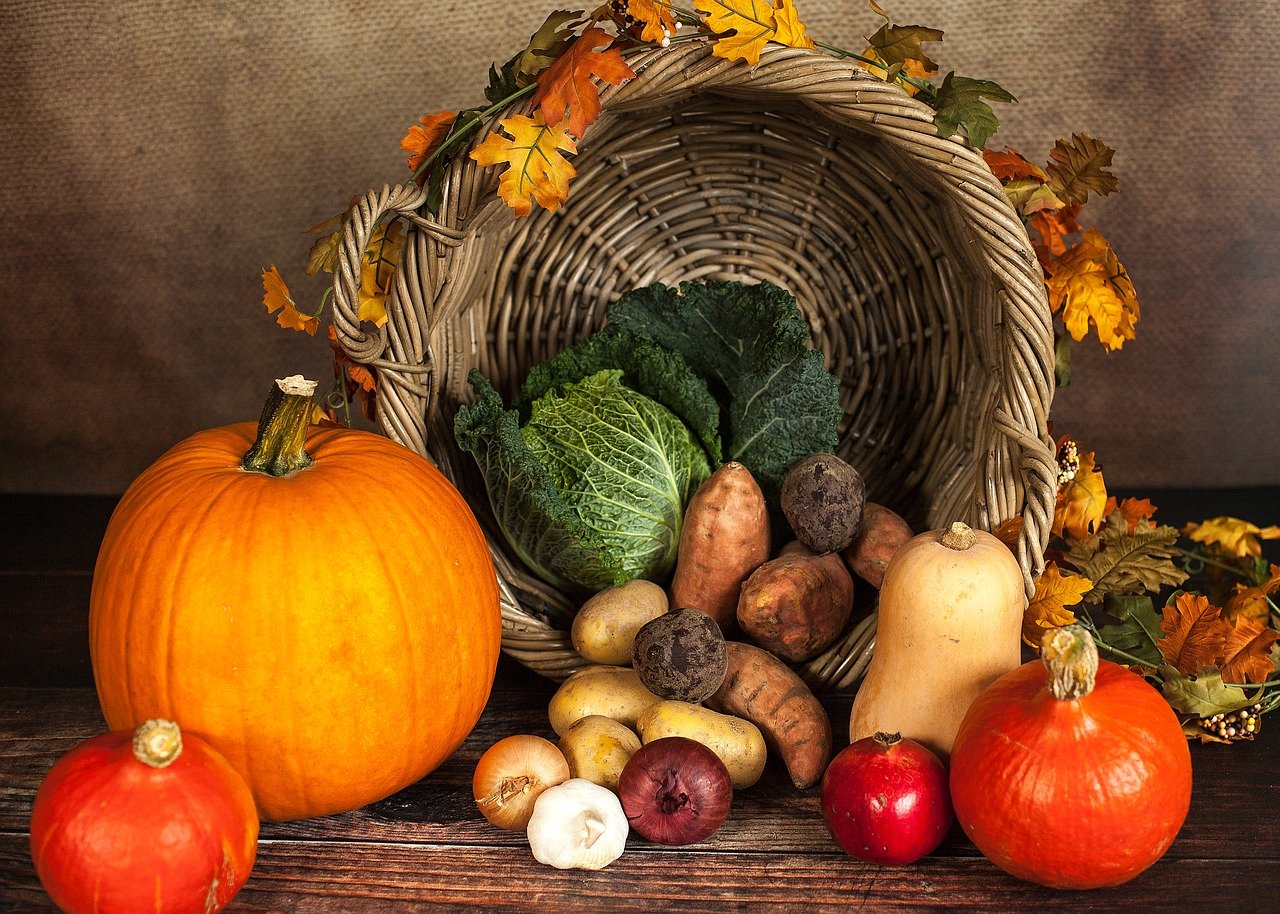What is a Vegan Diet?

A vegan’s diet should follow two basic rules. You must carefully check these when you are inviting a vegan to the dinner. While foods from plants are great, foods from animals are off-limits. These include typical ingredients such as milk, cheese, honey, and eggs.
Not many people follow a vegan diet, Americans inclusive. About 3% of them follow the diet and they have different reasons for eating this way. Some vegans probably do it to enhance their well being, as a plant-based diet can reduce the risk of certain diseases. Other people’s reason might be to protect the environment or to be afraid of killing animals.
Whether you have tried a vegan diet or looking to give it a try, you might be wondering if going vegan is a great way of living. While going meatless can offer some real benefits, it can also have some challenges.
What Should You Eat?
When you are on a vegan diet, you can eat the following foods made from plants:
- Rice, pasta and bread
- Legumes such as lentils, beans and peas
- Vegetable oils
- Fruits and vegetables
- Nuts and seeds
- Dairy alternatives such as almond milk, coconut milk and soymilk
What You Should Not Eat
As a vegan, you should not eat foods made from animals, which include:
- Eggs
- Lamb, beef, pork, and other red meat
- Honey
- Duck, chicken and other poultry
- Butter and cheese
- Fish and shellfish such as mussels, clams and crabs
- Mayonnaise (contains egg yolks)
- Ice cream, cream, milk, and
 other dairy products
other dairy products
Health Benefits
Vegans have healthier heart health and lower chances of developing certain diseases. People who avoid meat are less likely to become obese or get high blood pressure, heart disease or high cholesterol. Vegans also have less chances of getting diabetes and certain cancer types, especially cancers of the breast, GI tract, uterus, and ovaries in women.
When going vegan, cutting down on your daily calories can help you live longer. It can also help control your weight because vegans have a lower body mass index (BMI) compared to those people eating animal-based products.
Foods such as fruits, whole grains, vegetables, and nuts are rich in antioxidants, fibre and other compounds that protect the body against diseases like cancer and diabetes.
Risks
While a vegan diet is healthy in general, neglecting animal protein can shortchange you on some nutrients. These include vitamin B12, zinc, calcium, protein, and omega-3 fatty acids. Calcium is responsible for strengthening your teeth and bones. Protein is essential to ignite chemical reactions in the body. Omega-3 fatty acids protect the heart and make the cells healthy. Importantly, these nutrients are crucial for pregnant women and the growth of children’s body.
How to Go Vegan
If going vegan interests you and you want to start immediately, simply cut out meat, poultry, dairy, and eggs. You can also start gradually by increasing the number of fruits and vegetables you consume at each meal.

